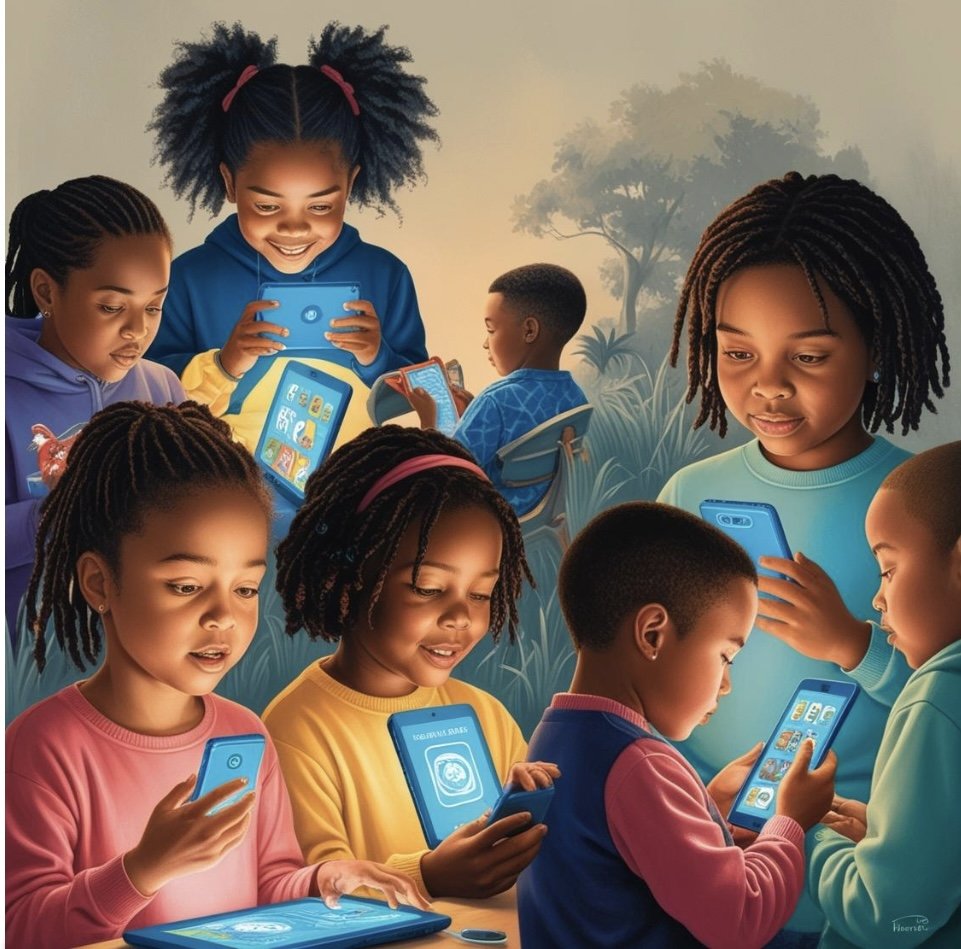
Protecting Children’s brains: Strategies to Make Screens Work for Your Family
Protecting Children’s Brains: How Screen Time Impacts Their Development
In today’s digital age, screens are everywhere—phones, tablets, TVs, and video games—and while they can offer learning opportunities, they also pose risks, especially for children. Research shows that excessive screen time can disrupt brain development, affecting cognitive abilities, emotional health, and social skills. In particular, too much exposure to fast-paced, attention-grabbing content has been linked to thinning in the brain's cortex, the area responsible for decision-making and impulse control, which can lead to attention issues and poor self-regulation.
The good news is that screens don't have to be harmful. When used thoughtfully, educational or creative content can stimulate brain areas that support learning and problem-solving. How screens impact your child’s development depends on how you manage their use. Setting limits, choosing age-appropriate content, and balancing screen time with physical activity and family interactions are key to making screens a beneficial tool rather than a hindrance.
In this post, I share practical tips on how to protect your child’s brain from the negative effects of excessive screen time while still using screens as a tool for growth and learning. From setting clear limits and using parental controls to promoting non-digital activities, these steps can help safeguard your child’s mental and emotional well-being.

Protecting Children’s Brains: The Power of What They See
How Screen Time Impacts Children's Brain Development
Ever wonder how the things we see and experience shape who we are—mentally, emotionally, and spiritually? It turns out, the content we consume has a huge impact on our brain development, especially in children. Our brains are incredibly adaptable—this is known as neuroplasticity—and the visuals were exposed to can literally rewire how we think and behave.
A 2018 study led by Dr. Diana Schendel at the National Institute of Health (NIH) examined the effects of screen time on children's brain development. The study found that excessive screen time was linked to thinning of the cortex, the part of the brain responsible for higher-level functions like decision-making and problem-solving. This thinning can affect attention span, impulse control, and other executive functions.
But here's the good news: when children engage with educational or creative content in a balanced way, it can stimulate the areas of the brain that support learning, memory, and problem-solving. So, whether screens help or hinder your child’s development really depends on how, how much, and when they're used.
In the next post, I’ll explore how screen time affects kids' brains and share tips on how to help your child thrive in a screen-filled world.

Welcome to a journey of transformation—where we believe that strong families are the cornerstone of thriving communities. My name is Lillian Uwanjye (soon to be Tarter), and I’ve been blessed with the opportunity to reflect on how we can empower ourselves, our families, and our communities to become better, more resilient versions of themselves.
For years, God has placed a vision on my heart: to build communities rooted in love, faith, and healing. But I’ve come to realize that true change begins at home. When we focus on nurturing strong families, we lay the groundwork for healthier, more vibrant communities.
In my own journey, I’ve seen how wounds from the past can shape us, but I’ve also witnessed the incredible power of healing and growth. This space is not just about avoiding mistakes—it’s about learning from them, empowering one another, and building the kind of support networks that help families thrive.
Whether you’re a parent, a spouse, or someone seeking to make a difference, my hope is that this blog will serve as a source of encouragement and practical wisdom for creating the kind of community where families grow stronger, children flourish, and relationships deepen. Together, we can build a future where love, resilience, and faith are passed from one generation to the next, creating lasting impact for those we love and the communities we serve.
